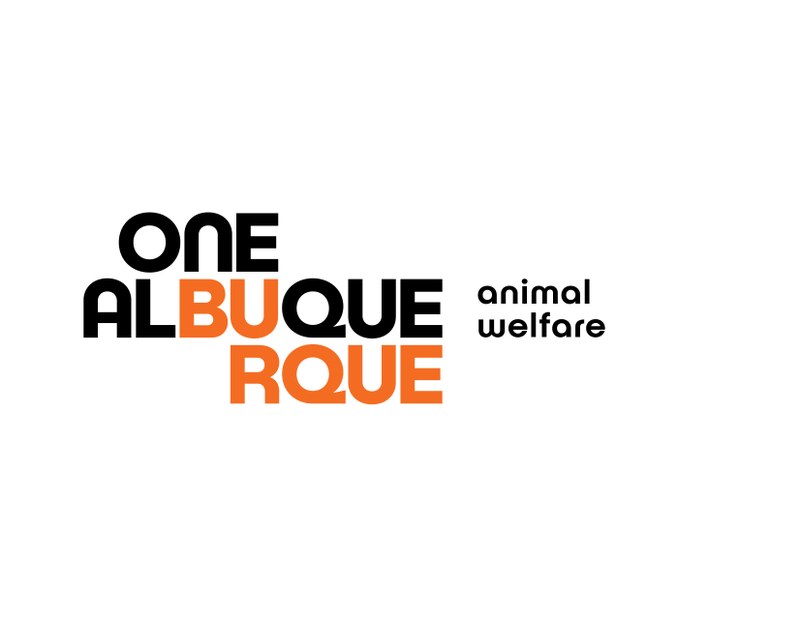
Free Straw & Cold-Weather Tips for Pets
Keep your pets warm this winter.
Free Straw
For residents of Bernalillo County and the City of Albuquerque, free straw bedding is being made available, while supplies last, this winter through the partnership with Bernalillo County Animal Care Services and Albuquerque Animal Welfare.
- Bernalillo County Animal Care Services: (505) 468-7387
- Albuquerque Animal Welfare: 311
It is a common misconception that dogs and cats won't get cold because of their fur.
If you are cold, your companion animal is cold. Most domestic cats and dogs are not well equipped for cold weather and can easily be susceptible to frostbite and hypothermia.
Signs of Hypothermia
- Uncontrollable shivering
- Decreased heartbeat and weak pulse
- Stiff muscles
- Lack of coordination
- Pale or blue gums
If your companion animal shows any of these signs seek immediate veterinary attention.
Insulating with Straw
If your companion animal must remain outside…
Straw is an inexpensive insulator that makes excellent bedding. It retains the animal's heat and evaporates moisture. Hay does not maintain these qualities. To use straw effectively, place a thick layer on the floor of your animal's shelter. Check the straw periodically for moisture and cleanliness. Switch it out when needed.
The best place for any companion animal is right at home … inside your home. If at all possible, animals should be moved inside, especially during cold weather.
Housing Tips
Do not use fabric blankets or bedding. Once wet, they will ice over when the temperatures drop and become wet again with your animal's body heat.
The shelter should be tall enough for your animal to sit upright and large enough to be able to turn around and lie down comfortably. Any smaller will cramp, any larger will prevent body heat retention.
Place the shelter's entrance facing south to southeast to help protect the interior from wind, rain and snow and to maximize exposure to the sun.
If the opening is uncovered, consider attaching a thick piece of rubber, doormat or carpet scrap cut to size to block the wind, rain and snow.
Make sure the shelter is as airtight as possible. Consider using caulking and/or sealants on the outside.
More Winter Tips
- Check your companion animal's water bowl frequently for freezing. Consider purchasing a heater. Glass and ceramic dishes will crack and break when the water freezes.
- Companion animals kept primarily outdoors, especially in cold weather, may require more food than other animals. Provide additional food to animals who spend a lot of time outside.
- Don't leave an animal in a closed car in the winter. A car becomes a refrigerator and the temperature can be just as deadly as those in the summer.
- Keep anti-freeze away from any animal or child's reach. Both are attracted by its sweet taste and ethylene glycol is highly poisonous.
- Be aware if your animal has walked on salted or de-iced surfaces. They will lick their paws and the substances are toxic. Rinse their paws in warm water.
- Check your animal's paws for balls of ice/snow that have formed between their pads. Rinse with warm water to remove.
- Be aware that cats and wildlife left outside will seek the warmth and protection of a car's engine. Bang on the hood or honk the horn before starting the engine.
